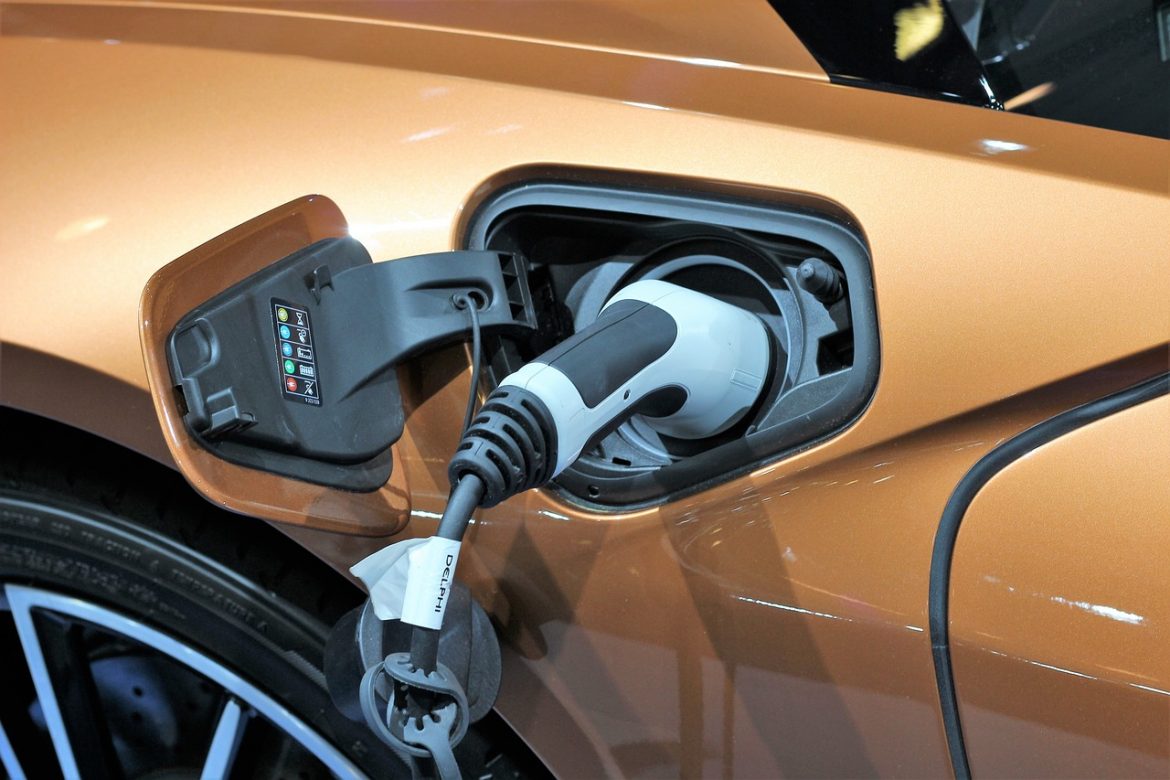In a sign of progress in the ongoing trade dispute between China and the European Union over electric vehicle (EV) tariffs, the Chinese commerce ministry has announced that the EU will be sending a delegation to the country for negotiations.
According to the ministry’s statement on Friday, the EU has indicated that it will send representatives to China to continue consultations on the specifics of the price commitment proposal, following “intensive communications” between the two parties.
“China welcomes this and hopes that the next round of consultations will be conducted in accordance with the principles of pragmatism and balance, with a view to reaching a mutually acceptable solution,” the ministry said.
The trade dispute over EV tariffs has been a source of tension between China and the EU for some time. Last year, the EU launched an anti-subsidy investigation into imports of Chinese-made battery EVs, which ultimately led to the bloc voting for tariffs on those vehicles in October.
In response, China has launched its own investigations into European pork and dairy products, and imposed temporary anti-dumping measures on imports of brandy from the EU. This tit-for-tat escalation has highlighted the need for both sides to find a diplomatic resolution to the issue.
The upcoming negotiations represent an opportunity for China and the EU to work towards a mutually agreeable solution that addresses the concerns of stakeholders on both sides of the dispute. By adopting a pragmatic and balanced approach, as indicated by the Chinese commerce ministry, the two parties may be able to find a path forward that preserves the integrity of the rules-based international trade system while also addressing their respective economic interests.
The specific details of the price commitment proposal, as well as the precise topics that will be discussed during the negotiations, have not been made public. However, it is likely that both sides will be seeking to find a compromise that allows for the continued development of the EV industry while also addressing concerns over unfair trade practices.
The upcoming talks come at a critical juncture for the global automotive industry, which is undergoing a profound transformation driven by the transition to electrification. As countries and regions around the world jockey for position in this rapidly evolving landscape, the ability of China and the EU to find a constructive solution to the EV tariff dispute will have far-reaching implications for the future of the industry.
Observers will be closely watching the progress of the negotiations, as the outcome could set the tone for future trade relations between the two economic powerhouses and have a significant impact on the global EV market. The willingness of both parties to engage in good-faith dialogue and find a mutually acceptable solution will be a key test of their commitment to maintaining a stable and predictable trading environment.



